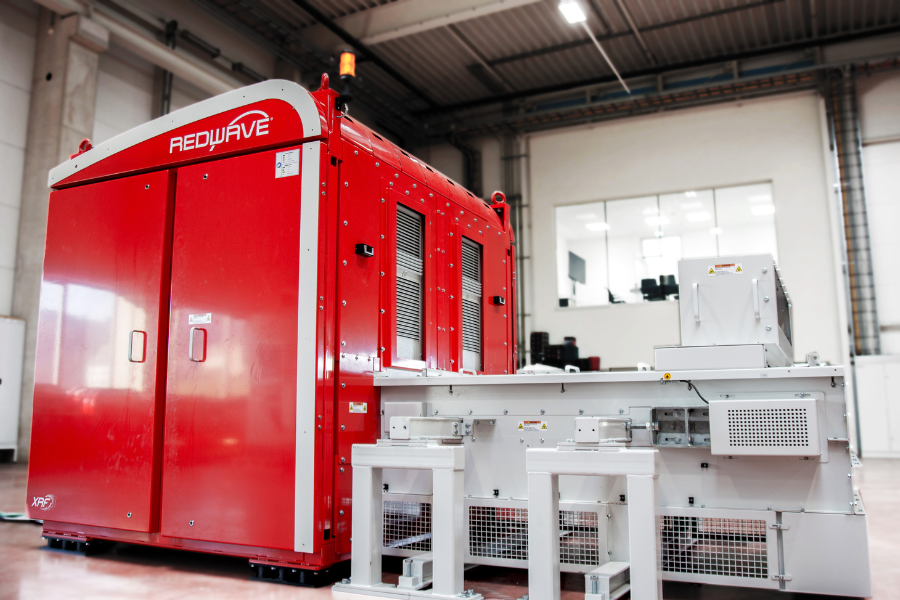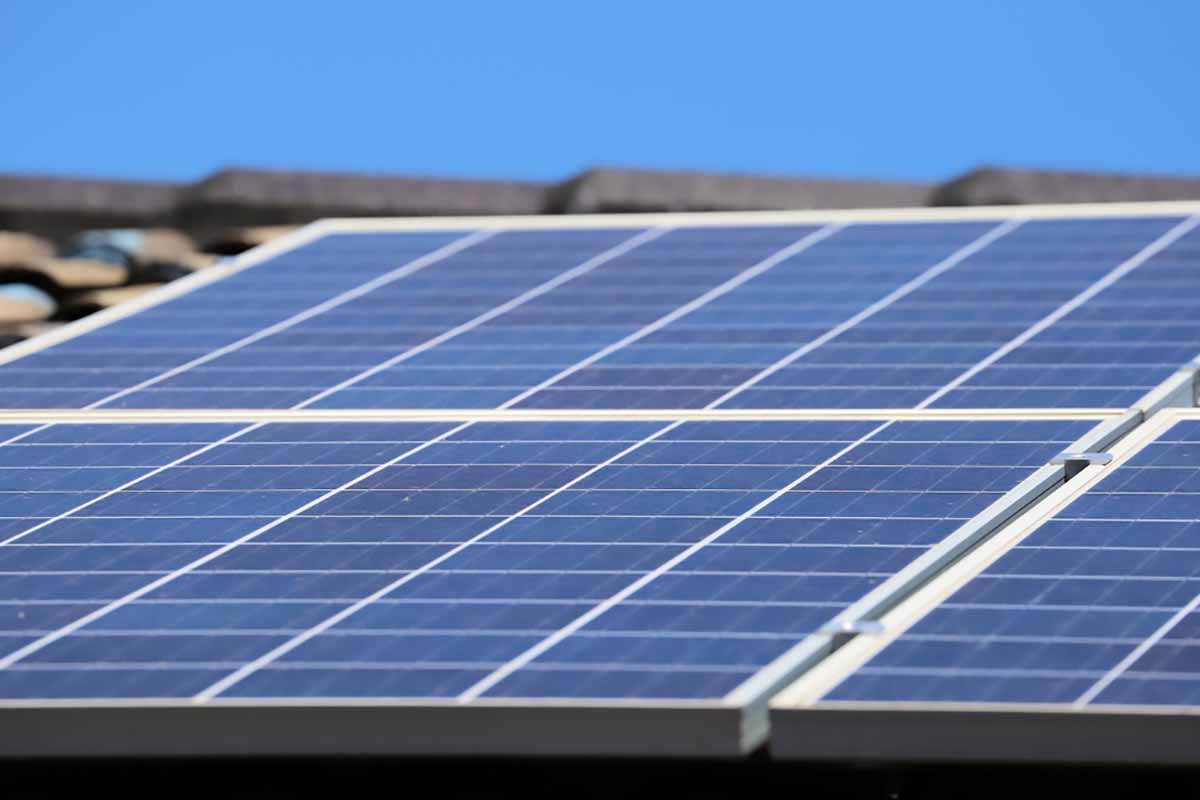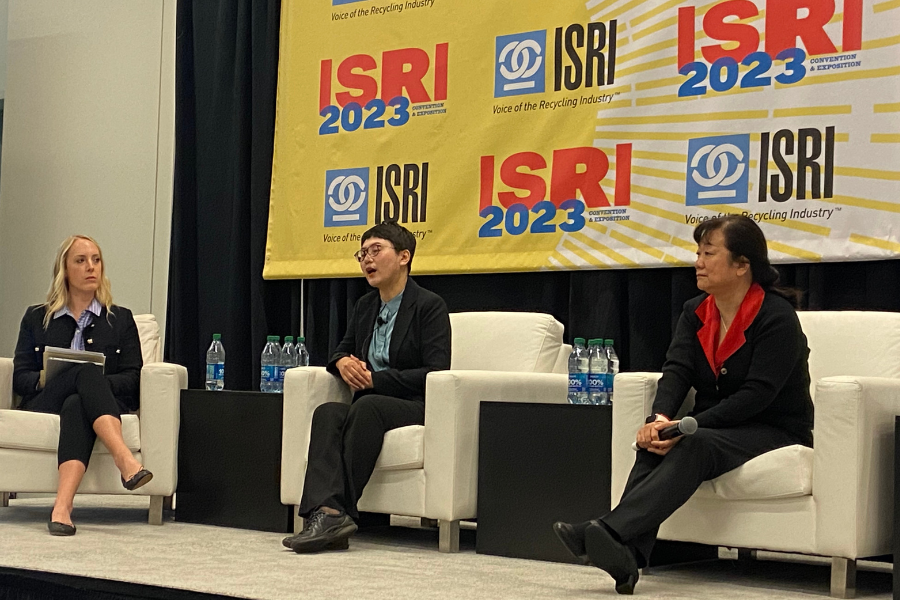
The REDWAVE XRF fine promises precise material identification and a purer end product. | Courtesy of REDWAVE
REDWAVE released a system that sorts fine metals using a belt rather than a chute. Continue Reading

The REDWAVE XRF fine promises precise material identification and a purer end product. | Courtesy of REDWAVE
REDWAVE released a system that sorts fine metals using a belt rather than a chute. Continue Reading

SERI will be accepting comments on the draft of its photovoltaic module standards through June 12. | Perthsnap/Shutterstock
With solar panels and alternative energy growing more popular, e-scrap recycling organizations are preparing to handle more of the units at their end of life. Continue Reading

The metals company now projects it will spend an additional 340 million euros ($375 million) on its Augusta, Ga. smelter. | Courtesy of Aurubis
As construction progresses “at full steam” on its secondary smelter in Georgia, Aurubis has decided to spend an additional $276 million to double the plant’s metals recovery capacity. Continue Reading
The following are facilities that have achieved, renewed or otherwise regained R2 certification recently:

The Council of the District of Columbia voted unanimously in December to allow OEMs participating in the eCYCLE Program to contract with R2-certified facilities. | JHVE Photo/Shutterstock
The extended producer responsibility program in the nation’s capital will once again allow for the use of R2-certified electronics recycling companies.

Lithium primary batteries have a reputation for starting fires. | Courtesy of Sims Lifecycle Services
Lithium button cell batteries sparked a small fire at BlueSky Solutions, but an official at the North Carolina e-scrap recycler said workflow changes have been made to prevent future incidents. Continue Reading
The following are facilities that have achieved, renewed or otherwise regained R2 certification recently:

A session at the ISRI Convention in Nashville, Tenn. featured (from left) moderator Jacqueline Lotzkar, Zhang Lin and Robin Cai. | Dan Leif/E-Scrap News
Last week’s Institute of Scrap Recycling Industries Convention put a focus on two issues critical to the global side of the sector: the state of recycling in China and efforts to enhance shipping protocols. Continue Reading
Configuration data stored in discarded devices can put companies at risk for cyberattacks or data breaches. | Gmx Pixel/Shutterstock
Security software company ESET bought 16 used routers. Nine still held sensitive corporate data on them. Continue Reading

